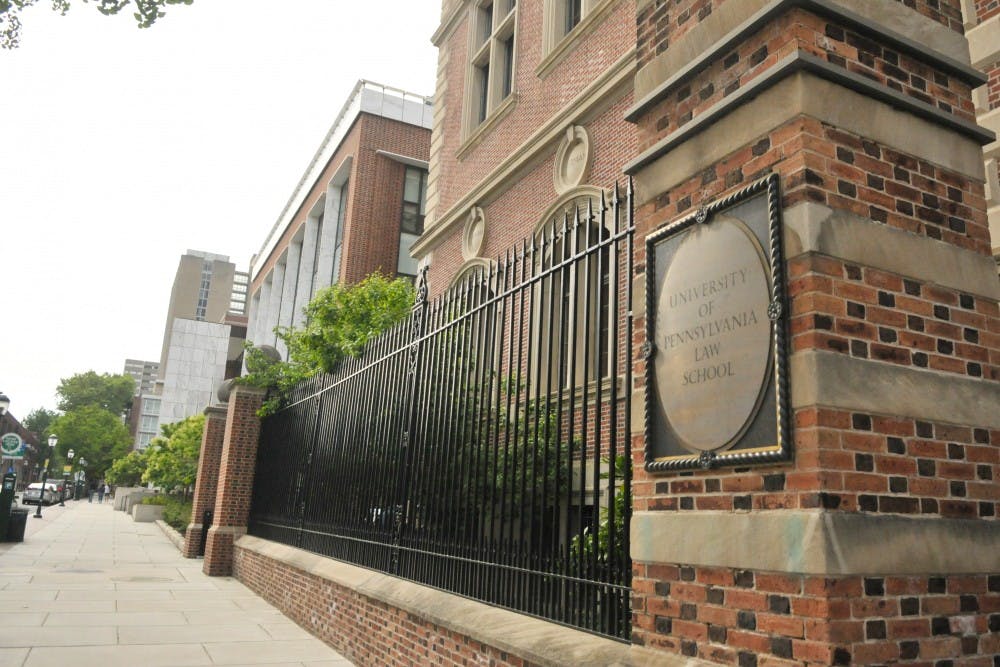
Penn Law School’s Quattrone Center received a $2.2 million donation from the Charles Koch Foundation to continue research on solving problems within the criminal justice system and potential solutions.
The Charles Koch Foundation has been accused in the past of donating to universities in order to promote its own conservative beliefs. According to the Washington Post, it offered Florida State University millions of dollars under the stipulation that its Department of Economics would promote a free trade philosophy and consult the foundation when selecting faculty members. Utah State University, West Virginia University and Clemson University in South Carolina were among other universities to receive money "with attached strings."
Students at George Mason University in Virginia even called for the administration to disclose details about its relationship with the foundation, according to the Post.
However, the Academic Director of the Center at Penn, Paul Heaton, said the Quattrone Center is not obliged to use the donation for a specific purpose but that its views naturally align in many aspects with those of the foundation.
“Some of their areas of interest [are] congruent with stuff that we thought was important doing in the center,” Heaton said. “There wasn’t any particular effort to push any sort of political agenda in any way.”
The Quattrone Center is a national research and policy center that works to identify issues within the United States criminal justice system and propose ways to ensure equal enforcement. In the past, it has supported research on pretrial risk assessment, bail and systemic issues that deal with unequal enforcement of the legal system. The center plans to use the recent donation to pursue similar lines of investigation.
Heaton believes the donation will help to fund investigations in a field where the importance of research is often overlooked.
“We spend hundreds of billions of dollars on policing, on incarceration, on public defense, on prosecution. And yet unfortunately, I think a lot of policy about how we do this stuff is driven by individual cases or anecdotes,” Heaton said. “Our view is that as another domain, it’s really important to take an unbiased, data-driven look at how we’re doing thing.”
The Daily Pennsylvanian is an independent, student-run newspaper. Please consider making a donation to support the coverage that shapes the University. Your generosity ensures a future of strong journalism at Penn.
Donate




